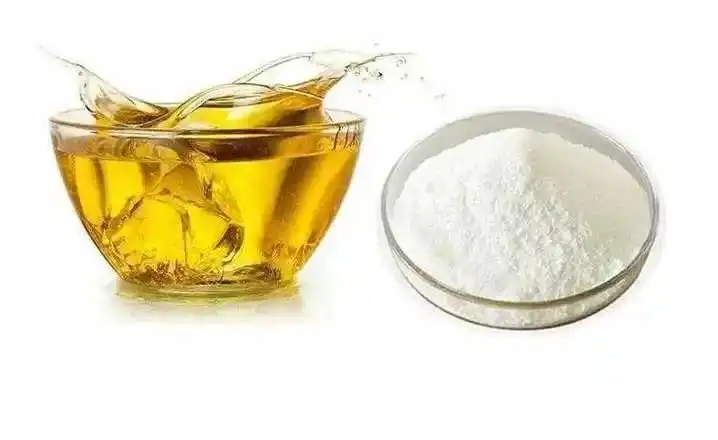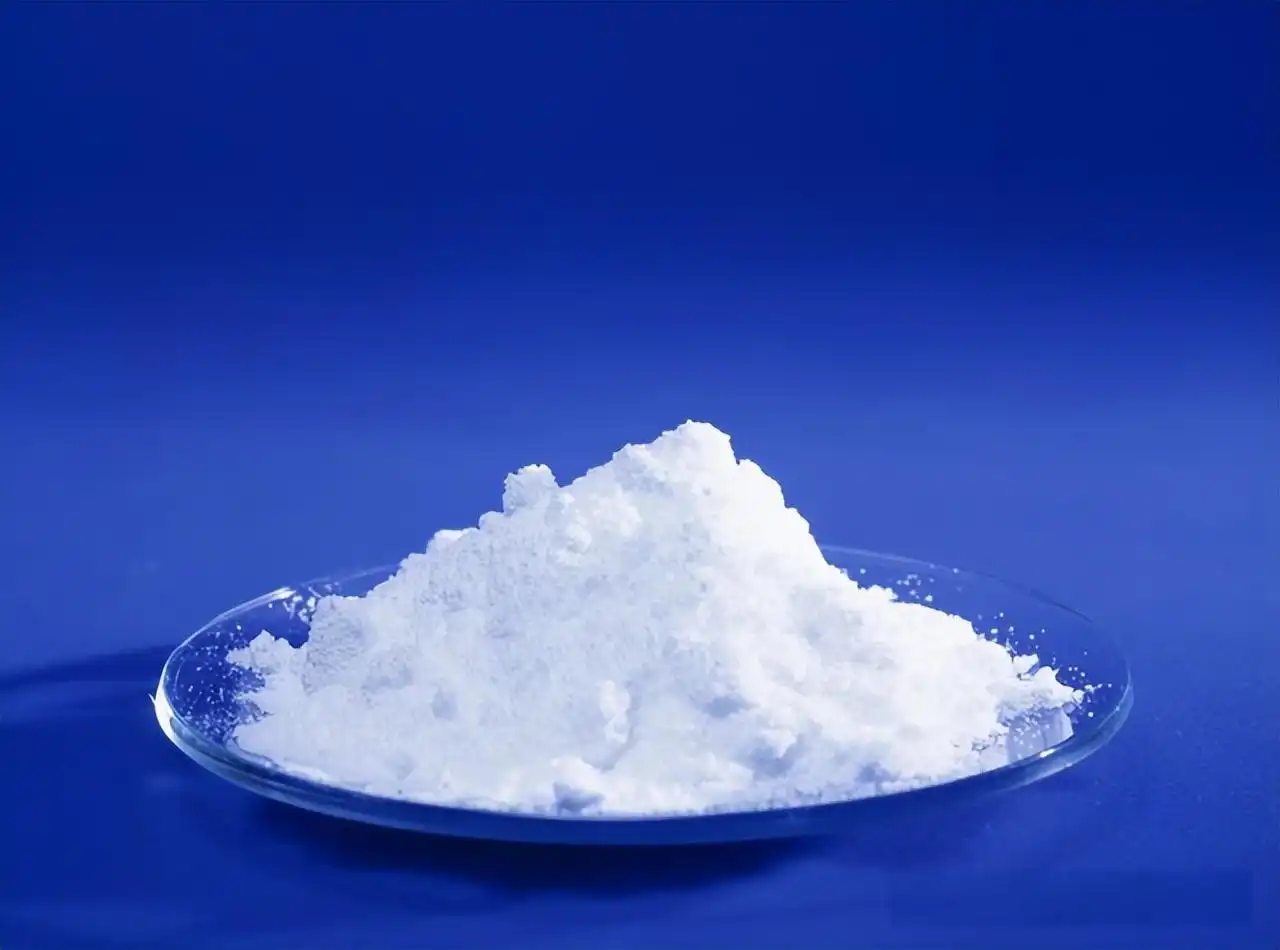- English
- French
- German
- Portuguese
- Spanish
- Russian
- Japanese
- Korean
- Arabic
- Greek
- German
- Turkish
- Italian
- Danish
- Romanian
- Indonesian
- Czech
- Afrikaans
- Swedish
- Polish
- Basque
- Catalan
- Esperanto
- Hindi
- Lao
- Albanian
- Amharic
- Armenian
- Azerbaijani
- Belarusian
- Bengali
- Bosnian
- Bulgarian
- Cebuano
- Chichewa
- Corsican
- Croatian
- Dutch
- Estonian
- Filipino
- Finnish
- Frisian
- Galician
- Georgian
- Gujarati
- Haitian
- Hausa
- Hawaiian
- Hebrew
- Hmong
- Hungarian
- Icelandic
- Igbo
- Javanese
- Kannada
- Kazakh
- Khmer
- Kurdish
- Kyrgyz
- Latin
- Latvian
- Lithuanian
- Luxembou..
- Macedonian
- Malagasy
- Malay
- Malayalam
- Maltese
- Maori
- Marathi
- Mongolian
- Burmese
- Nepali
- Norwegian
- Pashto
- Persian
- Punjabi
- Serbian
- Sesotho
- Sinhala
- Slovak
- Slovenian
- Somali
- Samoan
- Scots Gaelic
- Shona
- Sindhi
- Sundanese
- Swahili
- Tajik
- Tamil
- Telugu
- Thai
- Ukrainian
- Urdu
- Uzbek
- Vietnamese
- Welsh
- Xhosa
- Yiddish
- Yoruba
- Zulu
Are Soy Sterols Available in Food Products or Only Supplements?
In the realm of nutritional science, soy sterols have emerged as a fascinating compound that bridges the gap between natural food sources and dietary supplements. This comprehensive exploration delves into the intricate world of soy sterols, investigating their presence in various food products and supplement forms, while unraveling their potential health benefits and sources.
Are Soy Sterols Naturally Occurring in Everyday Foods?
What Exactly Are Soy Sterols in Natural Food Sources?
Soy sterols are plant-based compounds that naturally occur in a variety of plant-based foods, presenting a fascinating nutritional profile that has captured the attention of health-conscious individuals and researchers alike. These plant sterols, chemically similar to cholesterol, are predominantly found in soybean-derived products and other plant-based sources. The molecular structure of soy sterols allows them to interact with the human body in unique ways, particularly in terms of cholesterol management and overall cardiovascular health.
Within the complex world of plant sterols, soy sterols stand out as a remarkable nutritional component. They exist in various forms such as sitosterol, campesterol, and stigmasterol, each presenting subtle variations in their chemical composition and potential health implications. Scientists have extensively studied these compounds, revealing their potential to block cholesterol absorption in the human digestive system. By occupying the same receptors that cholesterol would typically bind to, soy sterols effectively reduce the amount of cholesterol entering the bloodstream.
Nutritional research has consistently demonstrated that soy sterols are particularly abundant in foods like soybeans, soy milk, tofu, tempeh, and other soy-based products. However, the concentration of these beneficial compounds varies significantly across different food sources. For instance, unrefined soybean oil contains higher levels of soy sterols compared to highly processed vegetable oils, highlighting the importance of understanding food processing techniques and their impact on nutritional content.
How Do Soy Sterols Differ in Various Plant-Based Foods?
The diversity of soy sterol content across different plant-based foods presents an intriguing landscape of nutritional opportunities. Each food source offers a unique profile of these beneficial compounds, influenced by factors such as plant variety, growing conditions, and processing methods. Legumes, nuts, seeds, and whole grains emerge as significant repositories of plant sterols, with soy products leading the way in sterol concentration.
Comparative studies have revealed fascinating differences in soy sterol content among various food sources. Soybeans themselves contain approximately 300 mg of plant sterols per 100 grams, while soy milk might offer around 20-30 mg per serving. Tofu and tempeh present similar variations, demonstrating the complex nature of sterol distribution in plant-based foods. These variations underscore the importance of dietary diversity and informed food choices for individuals seeking to optimize their soy sterol intake.
The processing of plant-based foods significantly influences their soy sterol content. Fermented soy products like tempeh and miso often retain more of these beneficial compounds compared to heavily processed alternatives. This nuanced understanding highlights the potential advantages of choosing minimally processed, whole food sources when aiming to incorporate soy sterols into one's diet.
Can Dietary Choices Significantly Impact Soy Sterol Intake?
Dietary strategies play a crucial role in maximizing soy sterol consumption, offering individuals multiple pathways to enhance their nutritional intake. Intentional food selection and meal planning can substantially increase the presence of these beneficial compounds in daily nutrition. Nutritionists recommend a holistic approach that combines various soy-based and plant-based foods to create a comprehensive sterol intake strategy.
A well-designed diet incorporating diverse soy products can provide approximately 100-500 mg of soy sterols daily, depending on food choices and portion sizes. Vegetarians and vegans often naturally consume higher amounts of these compounds due to their plant-focused dietary patterns. Strategic meal planning that includes tofu, edamame, soy milk, and other soy derivatives can effectively boost soy sterol consumption without relying solely on supplements.
Consumer education remains paramount in understanding the potential benefits of dietary soy sterols. By making informed choices and selecting whole, minimally processed foods, individuals can harness the natural power of these plant-based compounds. The synergy between whole foods and their inherent nutritional components offers a more holistic approach to health maintenance compared to isolated supplement consumption.

Are Soy Sterols More Effective in Supplement or Food Form?
What Scientific Research Says About Soy Sterol Absorption
The absorption and effectiveness of soy sterols have been subjects of extensive scientific investigation, with researchers exploring the nuanced differences between food-based and supplemental sources. Clinical studies have demonstrated that the human body's ability to absorb and utilize soy sterols can vary significantly depending on the delivery method and accompanying nutritional factors.
Bioavailability emerges as a critical consideration in understanding soy sterol efficacy. Supplements often provide concentrated doses of these compounds, which might seem advantageous. However, whole food sources offer additional nutritional synergies that can enhance overall absorption and utilization. The presence of dietary fiber, other plant compounds, and natural food matrices can potentially improve the body's ability to process and benefit from soy sterols.
Pharmaceutical-grade soy sterol supplements typically contain standardized concentrations ranging from 1000-2000 mg per serving, significantly higher than what most individuals would consume through diet alone. This concentrated approach allows for precise dosage control but may lack the comprehensive nutritional profile found in whole food sources.
How Do Manufacturing Processes Impact Soy Sterol Quality?
The journey from raw soybean to final soy sterol product involves complex manufacturing processes that can significantly influence the compound's nutritional integrity. Extraction methods, purification techniques, and additional processing steps play crucial roles in determining the final product's quality and potential health benefits.
Industrial extraction typically involves solvent-based techniques that isolate soy sterols from soybean oil. These processes require sophisticated technology and strict quality control measures to ensure the preservation of beneficial compounds. Advanced techniques like molecular distillation and supercritical fluid extraction have emerged as more refined methods for maintaining the chemical structure and potential health-promoting properties of soy sterols.
Supplement manufacturers must navigate intricate regulatory landscapes, adhering to stringent quality standards to produce reliable soy sterol products. Third-party testing, comprehensive quality assurance protocols, and transparent labeling have become essential components of responsible supplement production in this competitive market.
What Factors Determine Individual Soy Sterol Requirements?
Individual nutritional needs vary dramatically, making personalized approaches to soy sterol consumption increasingly important. Factors such as age, gender, existing health conditions, and overall dietary patterns significantly influence one's optimal soy sterol intake strategy.
Healthcare professionals increasingly recommend personalized nutritional assessments to determine appropriate soy sterol consumption levels. Genetic variations, metabolic differences, and individual cholesterol profiles contribute to the complexity of developing universal recommendations. Some individuals might benefit more from food-based sources, while others could require targeted supplementation.
Comprehensive health screenings and consultations with registered dietitians can provide tailored guidance on incorporating soy sterols effectively. These professional assessments help individuals develop nuanced strategies that align with their specific health goals and nutritional requirements.
Can Soy Sterols Be Integrated into Different Dietary Approaches?
Exploring Soy Sterol Compatibility with Various Diet Plans
The versatility of soy sterols allows for seamless integration into diverse dietary approaches, from traditional eating patterns to contemporary nutritional strategies. Vegetarian, vegan, Mediterranean, and plant-based diets naturally lend themselves to enhanced soy sterol consumption through whole food sources.
Nutritional research supports the potential benefits of incorporating soy sterols across different dietary frameworks. Plant-based diets inherently provide rich sources of these beneficial compounds, while more traditional eating patterns can be modified to include soy-derived products strategically. The key lies in understanding individual nutritional needs and making informed, intentional food choices.
Registered dietitians emphasize the importance of balanced nutrition, recommending soy sterol consumption as part of a comprehensive dietary approach rather than an isolated intervention. This holistic perspective ensures that individuals receive a wide range of nutritional benefits beyond mere sterol intake.
Understanding Potential Interactions with Other Nutrients
The complex world of nutritional science reveals fascinating interactions between soy sterols and other dietary components. Certain nutrients can enhance or potentially inhibit soy sterol absorption, underscoring the importance of a comprehensive understanding of nutritional synergies.
Dietary fat, for instance, plays a crucial role in soy sterol absorption. Research suggests that consuming these compounds alongside moderate amounts of healthy fats can improve their bioavailability. Olive oil, avocados, and nuts emerge as potential complementary food sources that might enhance soy sterol utilization.
Careful meal planning and strategic food combinations can optimize the potential benefits of soy sterols. By understanding these intricate nutritional relationships, individuals can develop more effective approaches to incorporating these beneficial compounds into their diet.
Addressing Common Misconceptions About Soy Sterol Consumption
Navigating the landscape of nutritional information requires critical thinking and access to reliable, scientific research. Numerous misconceptions surrounding soy sterols persist, often stemming from incomplete or outdated information.
Education remains the most powerful tool in dispelling nutritional myths. By promoting evidence-based understanding, healthcare professionals and nutritionists can help individuals make informed decisions about soy sterol consumption. Open dialogue, transparent research, and continuous learning characterize the most effective approach to nutritional science.
Consumer awareness and scientific literacy play pivotal roles in developing nuanced perspectives on dietary components like soy sterols. Encouraging critical evaluation of nutritional claims and promoting comprehensive understanding represents a fundamental strategy in nutritional education.

Conclusion
Soy sterols offer a fascinating nutritional landscape, bridging natural food sources and targeted supplementation. Their potential health benefits, coupled with diverse consumption strategies, make them an intriguing component of modern nutrition.
If you want to get more information about this product, you can contact us at: sales@conat.cn.
References
1. Moreau, R. A., et al. "Plant Sterols: Biosynthesis, Metabolism, and Health Benefits." Progress in Lipid Research, vol. 45, no. 3, 2006.
2. Ostlund, R. E. "Phytosterols in Human Nutrition." Annual Review of Nutrition, vol. 22, 2002.
3. AbuMweis, S. S., et al. "Plant Sterols and Cholesterol Lowering: From Current Limitations to Future Possibilities." Journal of Functional Foods, vol. 3, no. 1, 2011.
4. Jones, P. J., et al. "Phytosterols and Dietary Cholesterol: Impact on Serum Lipid Levels." Journal of Nutritional Biochemistry, vol. 12, no. 9, 2001.
5. Clifton, P. M., et al. "Plant Sterols: Metabolism, Absorption, and Therapeutic Implications." Atherosclerosis, vol. 194, no. 2, 2007.
6. Mensink, R. P. "Plant Sterols and Stanols: Perspectives for Consumer Use." Lipid Insights, vol. 8, 2015.
YOU MAY LIKE
